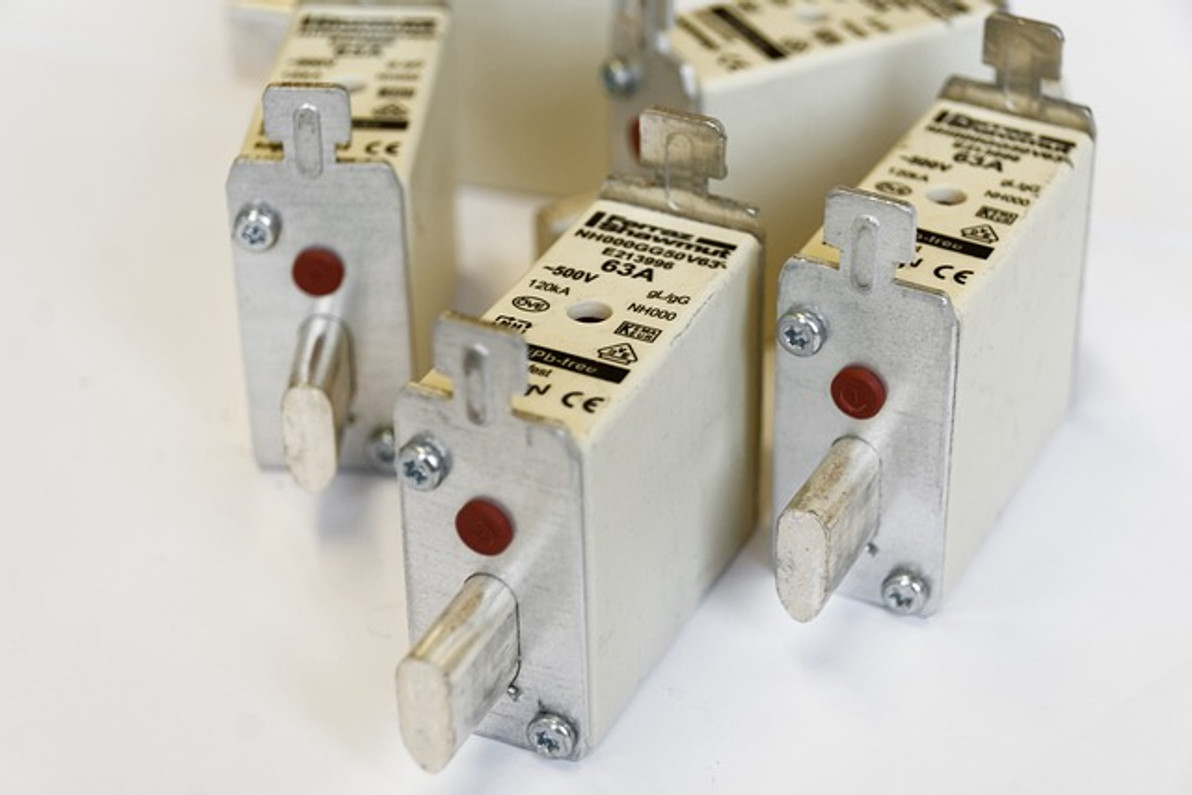Circuit Breakers vs Fuse Boxes: What's the Difference?
Electrical systems often feature safety equipment to protect the devices to which they are connected. Some electrical systems feature a circuit breaker. Others feature a fuse box. While both of these devices can protect devices from a sudden surge of electricity, they aren't the same.
What Is a Circuit Breaker?
A circuit breaker is a safety device in an electrical system that's designed to break or interrupt the flow of electricity to a given circuit if the circuit is drawing too much electricity. They are found in residential and commercial electrical systems. Homes and buildings, for instance, often have one or more circuit breakers. If a particular circuit is drawing too much power, the circuit breaker will interrupt the flow of electricity to that circuit.
What is a Fuse Box?
A fuse box is a safety device in an electrical system that's designed to break or interrupt the flow of electricity to a device if the device is drawing too much electricity. Fuse boxes are exactly what they sound like: boxes or containers for fuses. All fuse boxes contain fuses. Some of them, in fact, contain dozens of fuses. Each fuse is typically connected to a separate device. If the device attempts to draw too much electricity, the fuse will blow.
Differences Between Circuit Breakers and Fuse Boxes
Circuit breakers and fuse boxes are used for similar purposes. They both protect devices from power overloads. But there are nuances between them. Circuit breakers, for instance, protect all of the devices on a given circuit. If a circuit is drawing too much electricity, the circuit breaker will interrupt the flow of electricity to it. All of the devices on that circuit will stop receiving electricity.
Fuse boxes contain fuses. Each fuse is typically connected to a separate device. Even if one device begins to draw too much electricity, all of the other devices will continue to work -- regardless of whether they are on the same circuit or a separate circuit. The fuse for the overloaded device will simply blow, thus interrupting the flow of electricity to it.
Circuit breakers are also reusable. If a circuit breaker trips, you can reset it. Resetting the circuit breaker will restore the flow of electricity to the respective circuit. The fuses in a fuse box, on the other hand, are not reusable. Once a fuse blows, you'll have to replace it. Electricity can't flow through a blown fuse.
Recent Posts
-
Fire Safety in the Workplace: What You Need to Know
What steps are you taking to prevent fires in your workplace? According to the U.S. Occupational Saf …Aug 23rd 2023 -
Is It Safe to Go Jogging With a Cold Infection?
If you're suffering from a cold infection, you might be wondering whether it's safe to go jogging. T …Aug 22nd 2023 -
5 Safety Tips to Follow When Using a Powder-Actuated Tool
Powder-actuated tools are commonly used to join materials to steel and concrete. Also known as Hilti …Aug 20th 2023




